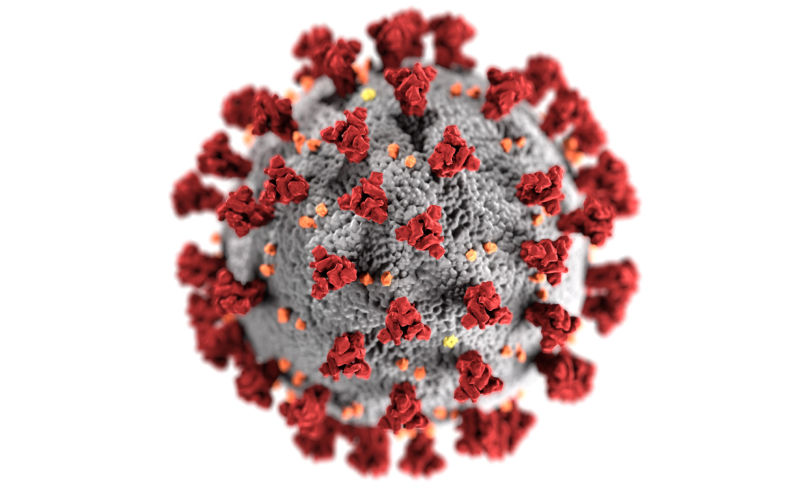WHAT! Zombie Virus Is The New Threat To The World? French Scientists Revive 48,500-Year-Old Virus Buried Under Frozen Lake in Russia-DETAILS BELOW
Pandoravirus Yedoma was dubbed as the oldest virus and it is known to be 48,500 years old

There’s no denying Climate change is a serious concern! Global warming has led to the rapid thawing of the ancient permafrost and it may pose a new threat to humans. As per the latest reports, researchers have revived nearly two dozen viruses and one of them is known to be frozen under a lake more than 48,500 years ago.
“Part of this organic matter also consists of revived cellular microbes (prokaryotes, unicellular eukaryotes) as well as viruses that remained dormant since prehistorical times,” the researchers write.
According to a Bloomberg report, European researchers have examined ancient samples collected from permafrost in the Siberia region of Russia. They have revived and characterized 13 new pathogens, that are being termed “zombie viruses”. It was also discovered that the virus remained infectious despite spending many millennia trapped in the frozen ground.
Pandoravirus Yedoma was dubbed as the oldest virus and it is known to be 48,500 years old, which breaks the previous record held by a 30,000-year-old virus that was uncovered by the same team in 2013.
Well, the latest discovery isn’t an unknown threat!
Scientists have long warned that the thawing of permafrost due to atmospheric warming will worsen climate change by freeing previously trapped greenhouse gases like methane. However, the impact of reducing ice cap on dormant pathogens is less understood and it is likely to have adverse effects as well.
“It is therefore legitimate to ponder the risk of ancient viral particles remaining infectious and getting back into circulation by the thawing of ancient permafrost layers,” they write.
Meanwhile, the latest report further quoted the team of researchers from Russia, Germany, and France who said that the biological risk of reanimating the viruses they studied was "totally negligible" due to the strains they targeted, mainly those capable of infecting amoeba microbes.
However, the potential revival of the virus that could infect animals or humans would be much more problematic. They said, warning that their work can be extrapolated to show the danger is real.
“The situation would be much more disastrous in the case of plant, animal, or human diseases caused by the revival of an ancient unknown virus,” reads the “viral” study.
The Bloomberg report also revealed that the article written by the researchers says, "It is thus likely that ancient permafrost will release these unknown viruses upon thawing." Though, the article posted to the preprint repository bioRxiv is yet to be peer-reviewed.
Unfortunately, global warming turns out to be the ultimate threat to all of humankind. It is known to decompose into carbon dioxide and methane, further enhancing the greenhouse effect and accelerating the melt.
A New York Post reports that the newly thawed virus might only be the tip of the epidemiological iceberg as there are likely more hibernating viruses yet to be discovered.
Image Source: Unsplash






